I’ll be honest: transfer sagas usually blur into one long list of fees and rumours. This one—Florian Wirtz’s big move from Bayer Leverkusen to Liverpool, reportedly around €136m—felt different to me. Not because the cheque was small, but because the deciding moment wasn’t a bank transfer or a bulletin from a sporting director. According to his father and agent, Hans Wirtz, it came after a conversation: Arne Slot explaining, in plain terms, where Florian would fit and how he’d be used. That struck me as quietly decisive. Maybe it shouldn’t surprise anyone; sometimes the human voice matters more than the headline figure.
A manager’s pitch, face to face
What stands out from Hans Wirtz’s account is that Slot didn’t rely on glossy brochures or tactical PowerPoints. He sat down—either in person or in a proper call—and mapped out the role. “He explained his value to him, including his value to the future team, and how he envisions the collaboration,” Hans said. That’s telling. For a 22-year-old at the crossroads of Bayern and Liverpool, clarity beats noise. You can have all the trophies in the world whispering your name, but when someone shows you a path that feels like it’s yours, that’s powerful.
There’s a human element here that I find reassuring. A manager investing time, spelling out small details: where to position, how often you’ll be asked to go between the lines, which teammates you’ll combine with. That’s the sort of thing that calms a young player, maybe even excites him in a way raw money can’t. And it’s the detail that likely shifted this deal from a standard transfer to a personal commitment.
Also read: Chelsea Holds the Cards — What Bayern’s Decision About Nicolas Jackson Means
The project beyond the transfer fee
Another point Hans makes is that this wasn’t just about Liverpool throwing a big number on the table. Florian’s family weighed the rebuild and the accompanying signings. The idea wasn’t merely: “Join a top club.” It was: “Join a club that has a project and that project includes players of the right calibre to complement you.” That nuance matters. At 22, you can chase medals or you can join a plan that promises growth and playing time. Clearly the Wirtz camp saw more opportunity in the latter.
I’m cautious—players don’t always slot in straight away—and the early days have not been flawless for Wirtz. There are adaptation issues, understandable when you move into a different league’s rhythm and a team still finding its shape. But the conversation with Slot seems to have created a buffer: the expectation of a bedding-in period rather than panic. That’s a small but important psychological lifeline.
Why Bayern wasn’t the final choice
Look, Bayern have history, stability, and a domestically dominant machine that makes them the default option for many German talents. It made sense that rumours linked Wirtz to Munich. But clubs like Bayern are rarely short on talent; sometimes a player’s profile gets lost in a stacked squad. What Hans hinted at—and what Slot’s pitch apparently avoided—was the idea that at Liverpool, Florian would be central rather than peripheral. That’s not to say Bayern didn’t offer something; they almost certainly did. It’s just that Slot offered a promise of centrality, responsibility, and tailored minutes, and that carried weight.
And that’s what I find human about the choice. Ambition matters, sure, but so does the sense that you’ll be part of the story rather than a footnote. For a creative midfielder who needs combinations, freedom between the lines, and consistent trust, that promise can be decisive.
Early signs and the next steps
It would be naive to imagine everything clicks overnight. New teammates, a different tempo, and the sheer expectations tied to a headline fee create pressure. But Hans Wirtz’s comments underline a steady confidence: defined role, a manager who believes in you, a squad that’s improving. That’s the scaffolding for success, even if the actual building takes time.
Also read: Why Tottenham’s January hunt for a striker might not land Brentford’s Igor Thiago
What will matter now is minutes and continuity. If Slot’s vision for Wirtz turns into repeated selection and clear game plans that put him in positions to create and score, then the argument for the move strengthens quickly. If not—if the adaptation takes too long or patterns don’t emerge—questions will creep in. For now, those questions are tempered by the idea that this was a considered choice, not a panic purchase.
A note on perception: fee versus fit
It’s easy to let the €136m headline dominate the story. But Hans Wirtz’s telling reframes it: the fee is a number; the reason counts more. A manager selling a role, a club building around a player’s strengths—that’s the decision point. Maybe that feels a little old-fashioned in modern football, when analytics and balance sheets dominate. But I think it’s also refreshingly simple: players respond to clarity, to trust, and to the feeling of being needed.
Also read: New name, familiar role: Jaydee Canvot stepping up at Crystal Palace
I’m not pretending this is settled. There’s vagueness in any projection, and I’d be wary of overconfidence. Yet for Liverpool, there’s a clear takeaway: Slot carried weight in the deal. He personified the club’s plan. Whether that translates into goals, assists, and trophies remains to be seen. Still, the human angle—the manager’s direct pitch—adds a layer to this transfer that money alone doesn’t explain.
So, the story isn’t just about who paid more. It’s about a conversation that put a player at the centre of a plan. And if that plan plays out, then the summer’s biggest headline will feel like the right call.





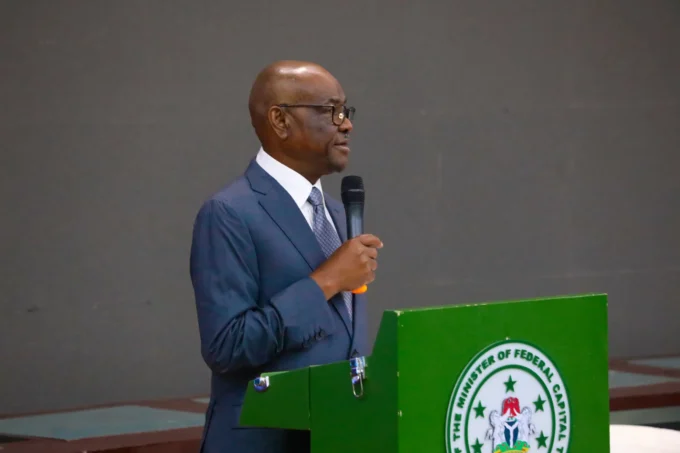


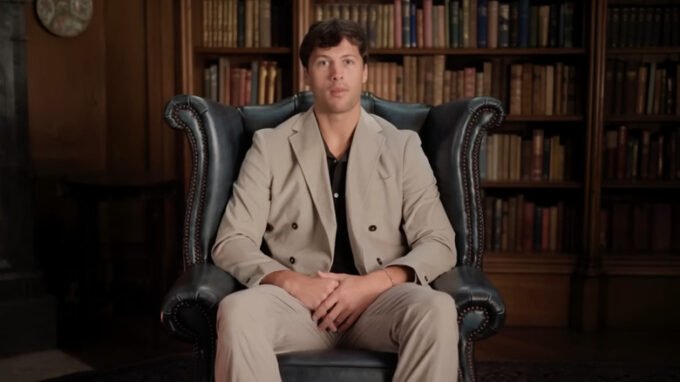
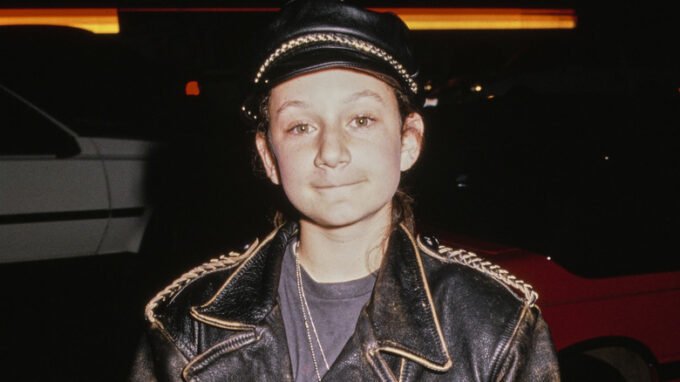
















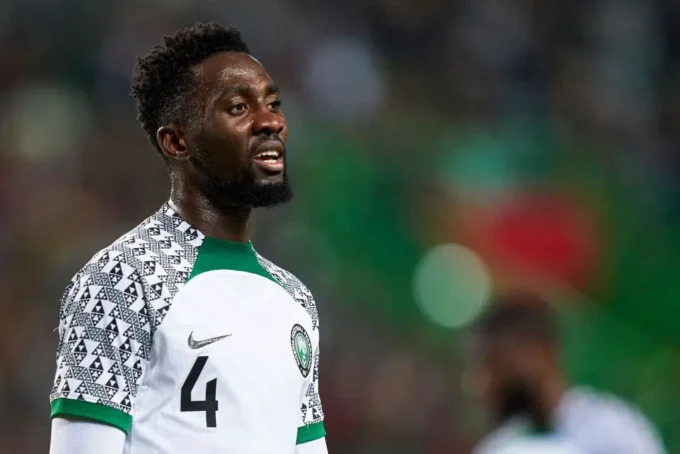
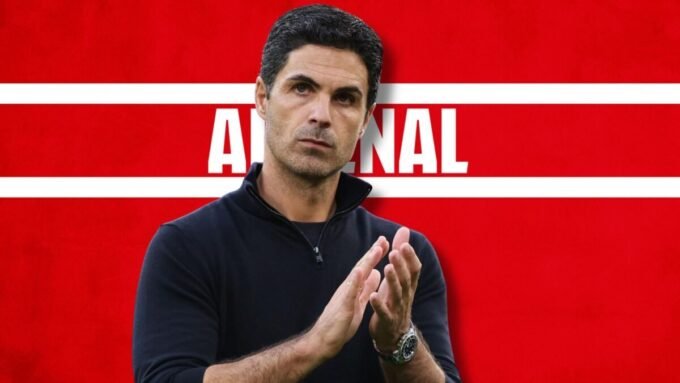
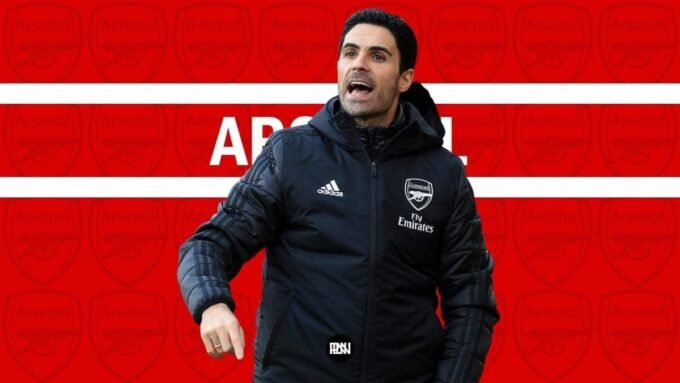












Leave a comment